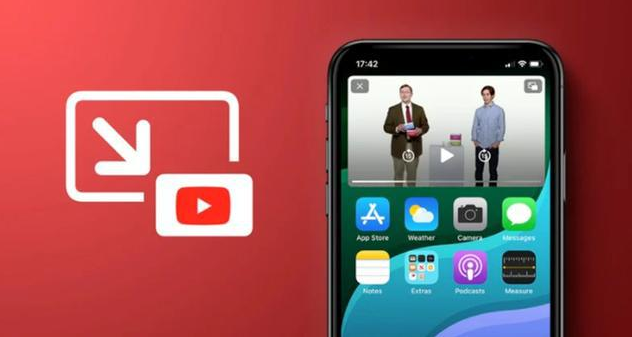In the age of digital media, converting YouTube videos to MP3 format has become a common practice for users looking to enjoy content offline. However, the legality of this practice is a gray area that raises several concerns and questions. Let's dive into the details to understand the legal implications of using youtube mp3 converters.
Understanding Copyright Laws
YouTube videos are protected under copyright laws, which generally prohibit the reproduction, distribution, and public performance of copyrighted materials without permission from the copyright holder. Most videos on YouTube are the intellectual property of creators or media companies, and using content without consent may infringe on copyright laws.
Fair Use Doctrine
In some jurisdictions, the concept of "fair use" allows the use of copyrighted material without permission under specific circumstances. This can include uses such as criticism, news reporting, teaching, or scholarship. However, converting a YouTube video to MP3 for personal enjoyment typically does not fall under these categories and is unlikely to be considered fair use.
YouTube’s Terms of Service
YouTube's own terms of service provide another layer of legality. According to these terms, users are not permitted to download any content from the site unless a download button or link is provided by YouTube. Most third-party MP3 converters bypass this rule, which technically makes the practice against YouTube’s terms.

Risks Associated with MP3 Converters
Aside from legal issues, using third-party YouTube to MP3 converters can pose risks such as:
- Malware: Some converters may host or link to malicious software that can harm your device.
- Quality Loss: The audio quality of converted MP3 files often degrades.
- Legal Consequences: Ignoring copyright laws can lead to penalties, including fines and legal actions.
Best Practices for Using YouTube MP3 Converters
If you choose to use a YouTube to MP3 converter, consider the following to minimize risks:
- Use Reputable Services: Opt for converters that are well-known and have robust security measures in place.
- Be Cautious with Copyrighted Material: Ensure that the content you wish to convert is not protected by copyright, or that you have permission to use it.
- Secure Your Device: Implement antivirus software to protect against potential threats from downloading files.
The Bottom Line
The legality of converting YouTube videos to MP3 involves navigating copyright law, YouTube’s terms, and fair use provisions. While the practice is widespread, it remains legally dubious and is often contrary to the terms set by content creators and YouTube. Users should exercise caution and consider the legal and ethical implications before using any converter tool. This approach not only respects the rights of content creators but also ensures a safer and more responsible use of digital content.